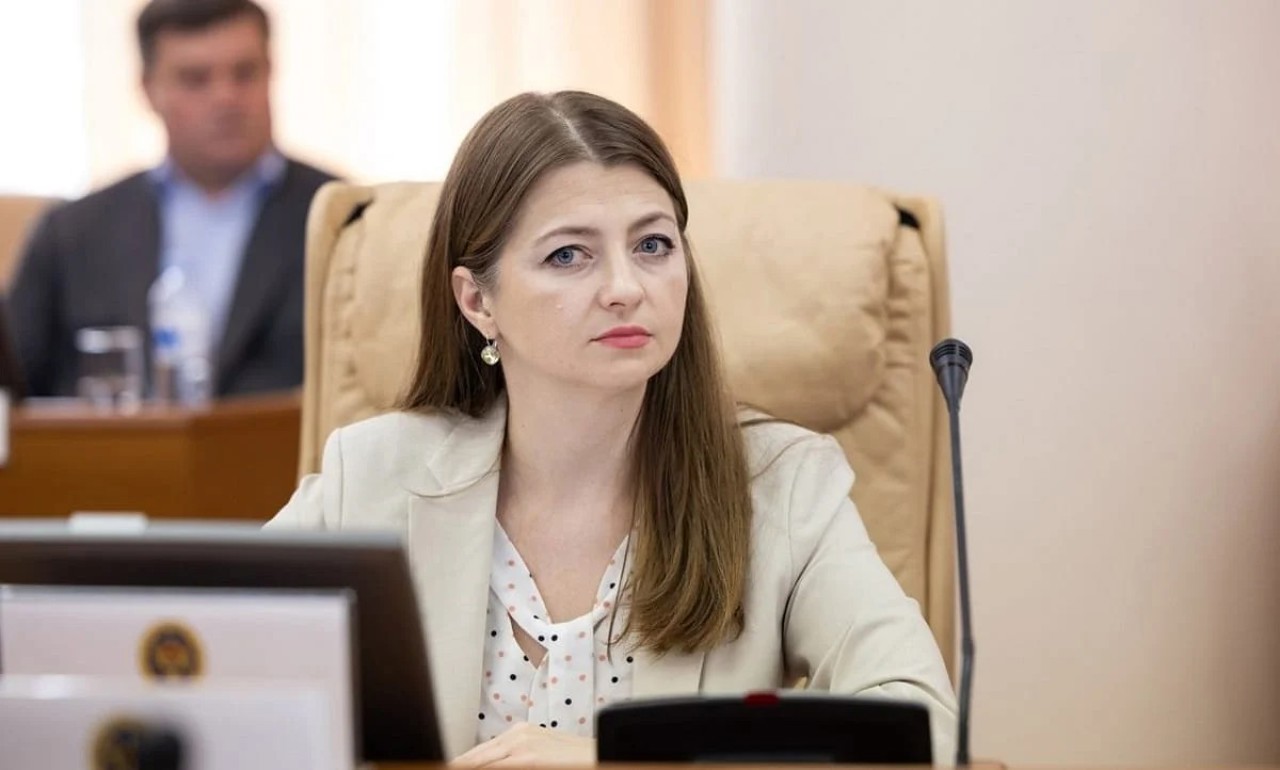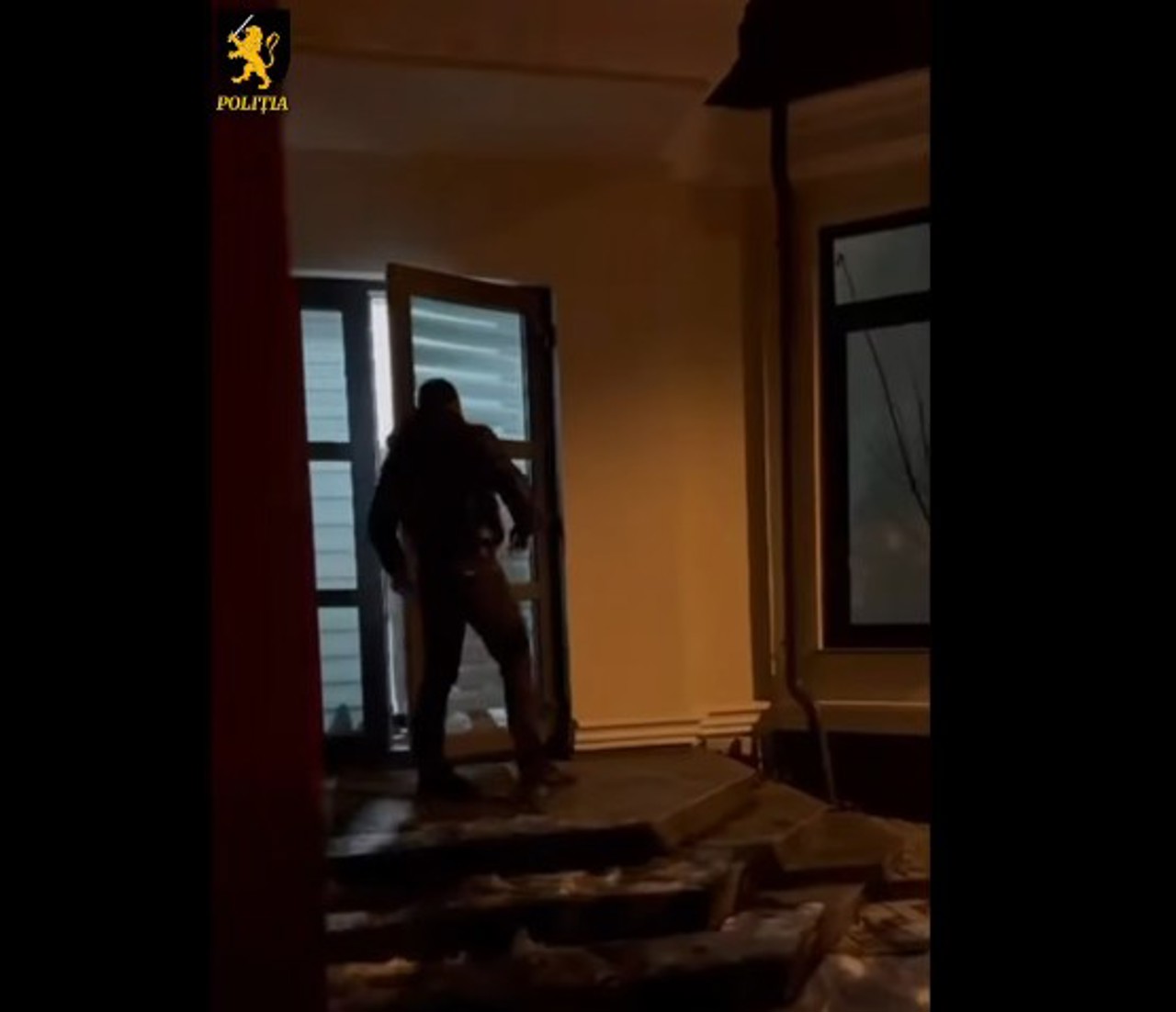Moldova considers Venice Commission opinion on PACCO reform
The Ministry of Justice of the Republic of Moldova is evaluating the possibility of requesting the opinion of the Venice Commission in the process of establishing the new Anti-Corruption and Organized Crime Prosecutor’s Office (PACCO).

This announcement was made by Justice Minister Veronica Mihailov-Moraru during the Cutia Neagră Plus show on TV8. According to the minister, the main risks that could arise from the new law, which proposes the dissolution of the Anti-Corruption Prosecutor's Office and the Prosecutor’s Office for Special Cases through the creation of a single structure, are the delays in the vetting process and the handling of ongoing cases at the specialized prosecutor's offices.
The minister reiterated that although requesting the Venice Commission’s opinion is not mandatory, it could ensure that international standards are respected and improve the proposed project.
“It’s not an obligation to seek the Venice Commission’s opinion, but when implementing significant reforms in justice and prosecution, it is helpful to ask for their feedback to ensure compliance with certain standards. They may also have suggestions for improvement. Over the last two years, since I became minister, I have requested the Commission’s opinion on most of the major laws. The opinion can be requested during the drafting process or after the fact, and relevant improvements will be made accordingly,” explained Veronica Mihailov-Moraru.
When asked whether the establishment of PACCO, through the appointment of new prosecutors, could affect the resolution of ongoing cases, the minister acknowledged that any reform carries risks, but these risks must be effectively managed.
“Risks are inherent in any reform, and it’s crucial how these risks are handled. The implementation plan needs to be carefully discussed because we all share the same goal: the cases must continue without prejudice, and we must reach the desired outcomes. Hearings are scheduled at certain intervals, and when a prosecutor changes, there is an opportunity to request a preparation period. However, let’s not rush to conclusions on this issue, as it’s important to consider the position of the General Prosecutor and the solutions they propose,” added Veronica Mihailov-Moraru.
The draft law on the creation of the Anti-Corruption and Organized Crime Prosecutor’s Office (PACCO), a specialized institution aimed at combating corruption, organized crime, terrorism, and torture, was published on Thursday, February 13, after being registered in Parliament the day before. According to the document, the new entity will operate independently within the General Prosecutor’s Office and will replace the two specialized offices, the Anti-Corruption Prosecutor’s Office and the Prosecutor’s Office for Combatting Organized Crime and Special Cases.
The new institution will be responsible for prosecuting corruption cases, offenses of torture, acts of terrorism, and organized crime, coordinating investigations carried out by other law enforcement bodies, representing the prosecution in courts at all levels—first instance, appeal, and cassation—and investigating electoral fraud and complex financial crimes, including money laundering for political purposes.
It is worth noting that Justice Minister Veronica Mihailov-Moraru announced on January 29 the initiative to merge the Anti-Corruption Prosecutor’s Office and the Prosecutor’s Office for Combatting Organized Crime and Special Cases in order to enhance the investigation of corruption and organized crime cases. Until then, complex cases could be transferred to the newly created Section for Political Corruption and Money Laundering within the General Prosecutor's Office. Authorities are also considering bolstering this section with prosecutors from the Anti-Corruption and Organized Crime Prosecutor’s Offices to collaborate and focus on electoral and political corruption cases.
Veronica Dragalin, head of the Anti-Corruption Prosecutor’s Office, opposed the merger, arguing that there were no convincing and plausible reasons provided to justify it. Victor Furtună, head of the Prosecutor’s Office for Combatting Organized Crime and Special Cases, did not comment on the initiative, while Prosecutor General Ion Munteanu stated that he would provide details after reviewing the proposal.
Translation by Iurie Tataru




